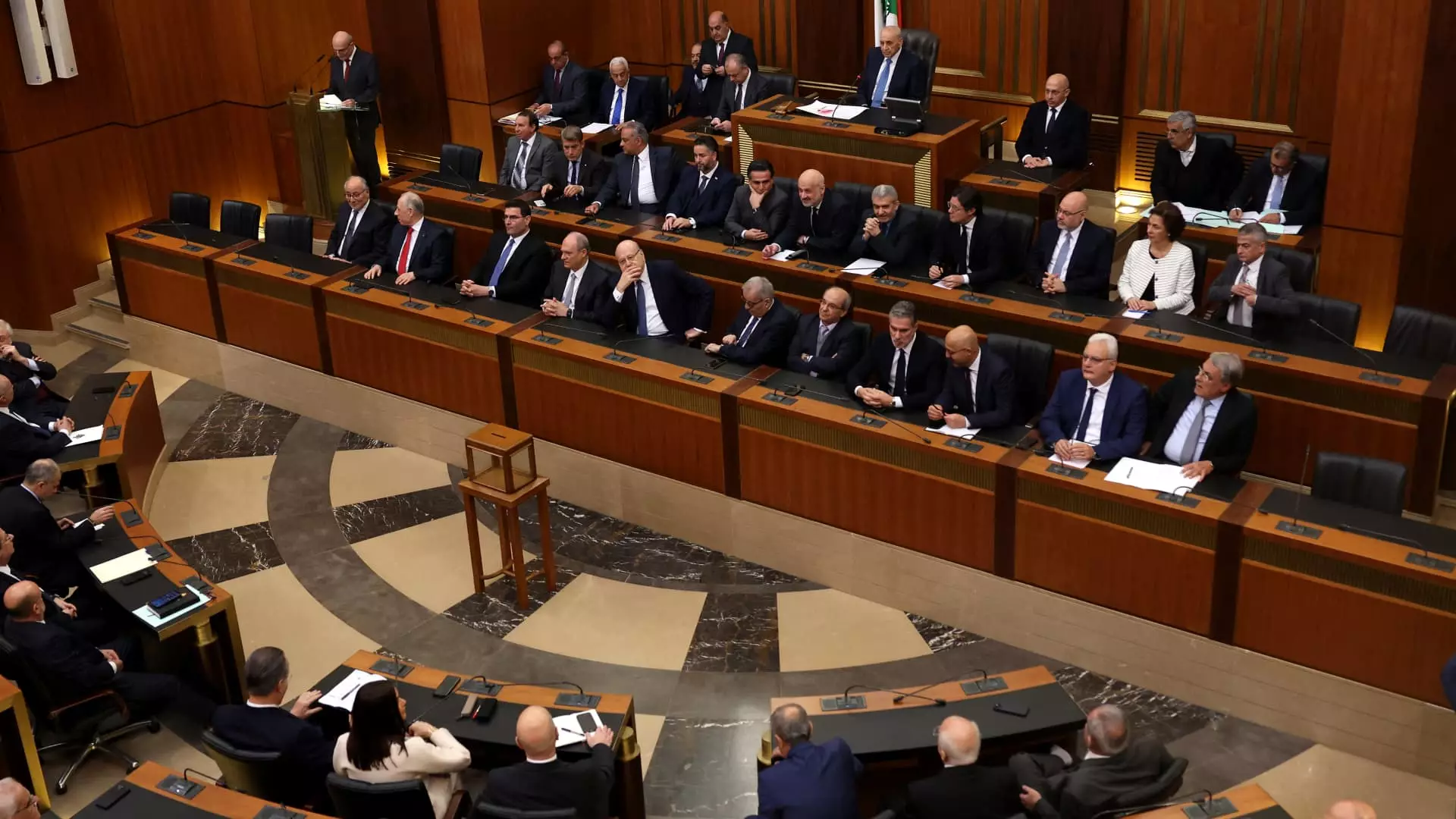Lebanon’s political landscape took a significant turn on Thursday with the election of Joseph Aoun, the army chief, as the country’s new president. This decision filled a leadership vacuum that persisted since Michel Aoun’s term expired in October 2022. The election represents more than just a political ceremony; it is a reflection of profound shifts in Lebanon’s internal dynamics and the broader geopolitical context of the Middle East. It highlights the relative decline of Hezbollah’s influence within Lebanese politics, particularly following the group’s substantial losses during its recent military confrontation with Israel.
Hezbollah, the Iran-backed Shi’ite group that has dominated much of Lebanon’s political life, appears to be experiencing a paradigm shift in its power. Once a formidable force, Hezbollah suffered significant setbacks over the past year, including defeats in military engagements and a precarious relationship with its Syrian ally, Bashar al-Assad, whose regime faced its own challenges. The withdrawal of Suleiman Frangieh, Hezbollah’s favored candidate for the presidency, in favor of Aoun signals a critical moment in which Hezbollah’s traditional clout is now being questioned, especially as international backing favors a more moderate figure recognized by the United States and regional powers.
The election of Joseph Aoun is not merely a local affair but also a crucial pivot for international diplomacy regarding Lebanon. Key envoys from nations like France and Saudi Arabia actively pushed for Aoun’s candidacy, stressing that any governance in Lebanon would require a president who could re-establish working relations with the international community. Reports suggest that this push came with promises of financial support for Lebanon, which has been battered by an economic crisis since 2019. International stakeholders are keenly aware that Lebanon’s revival hinges on a functional government, which starts with Aoun’s presidency. Michel Mouawad, a Christian lawmaker who supported Aoun, articulated the prevailing sentiment by indicating a strong message from Saudi Arabia, hinting at renewed cooperation.
Joseph Aoun’s election represents a beacon of hope for Lebanese citizens disillusioned by years of political paralysis and economic hardship. As the commander of the Lebanese army since 2017, Aoun has maintained a record of U.S. support, indicating a potential pivot away from Hezbollah’s influence towards a statehood-focused governance model. His ascendency could be seen as a promise to rebuild Lebanon’s institutional frameworks, which have been in disarray. The pressing need for stability and governance in a country that has endured economic freefall underscores the importance of this political transition.
Despite Joseph Aoun’s election, his tenure will not be without challenges. Lebanon’s complex sectarian power-sharing system implies that forming a government may involve lengthy negotiations, particularly in selecting a Sunni Muslim prime minister and assembling a cabinet that satisfies all factions. Moreover, Aoun’s responsibility of ensuring the ceasefire agreement between Hezbollah and Israel, negotiated by international mediators, adds another layer of complexity to his presidency.
As Lebanon seeks to rebuild from the tumultuous aftermath of war and financial collapse—estimated to have cost it $8.5 billion—international assistance remains critical. The pressing questions will center around Aoun’s capability to foster unity among Lebanon’s fragmented political class while navigating the entrenched interests of powerful factions like Hezbollah.
The election of Joseph Aoun signals a potentially transformative moment for Lebanon, one that could steer it towards a more stable and cooperative political atmosphere. While the initial outlook may suggest a broader acceptance of international influence and regional cooperation, the enduring sectarian divisions and economic challenges will test Aoun’s leadership. Ultimately, the success of his presidency will hinge on his ability to unite disparate factions and leverage international support to pave the way for meaningful reforms in a country in dire need of revival.

